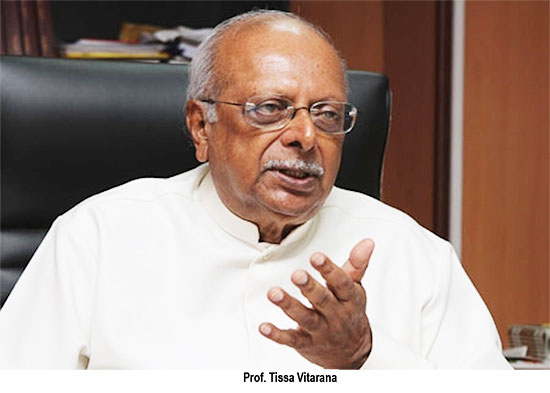COLOMBO :Sri Lanka’s third nano-satellite, developed with the technical expertise of local engineers, is scheduled to be launched into orbit tomorrow (19), the Arthur C. Clarke Institute for Modern Technologies in Moratuwa, has announced.
Named ‘BIRDS-X Dragonfly’, the satellite was carried to the International Space Station (ISS) aboard the SpaceX-33 rocket, launched by NASA on August 24.
Previously, in 2019, Sri Lanka successfully launched its first nano-satellite, ‘Ravana-1’, and in 2022, the ‘KITSUNE’ satellite was launched as part of a multinational technological collaboration involving five international partners.
Accordingly, the BIRDS-X Dragonfly nano-satellite is scheduled to be released into its designated orbit from the International Space Station at 2:15 p.m. tomorrow.
Main Missions of BIRDS-X:
In-orbit testing of a new communication sub-system design – Testing in the space-conditions a new low-cost UHF transceiver built using commercial off-the-shelf components (COTS), exploring affordable and reliable ground-to-space communications for future Nano-satellite missions.
APRS Digipeater – Provide a satellite-based platform to relay APRS (Automatic Packet Receiving System) messages, enabling global amateur radio operators and researchers to experiment with satellite communication using their own Digipeater designs.
Store-and-Forward Communication – Demonstrate a data relay system where user messages can be uploaded, stored onboard, and later downlinked to ground stations in different regions.














